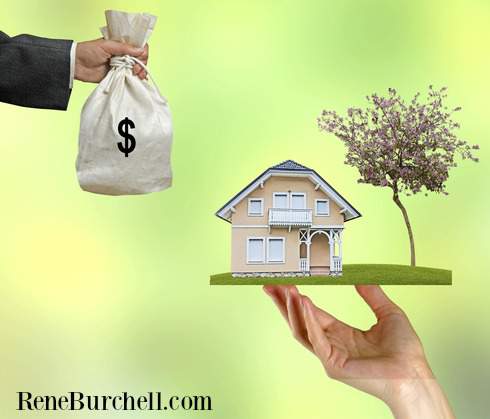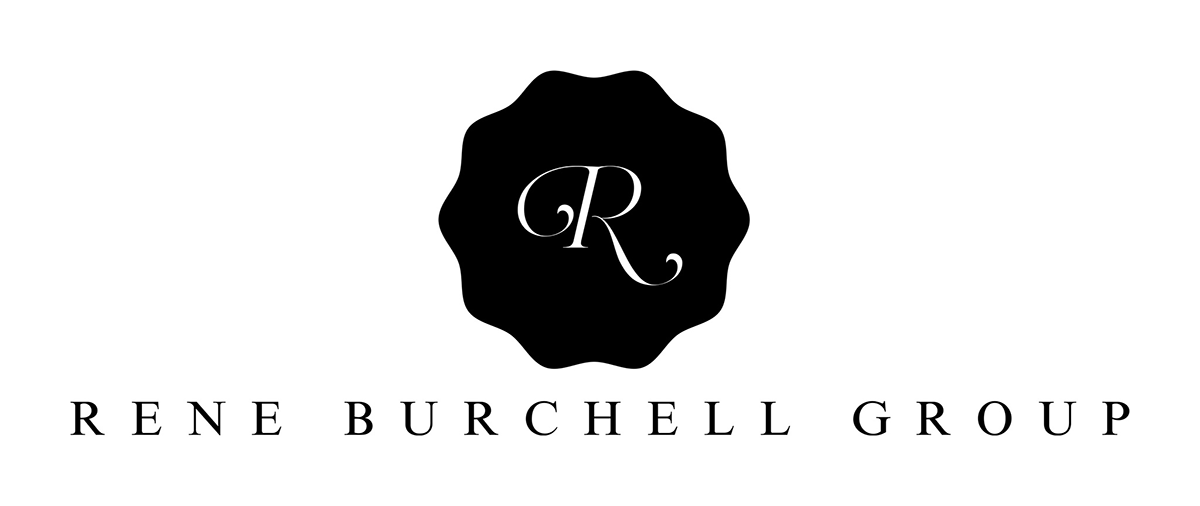You may already have a home in or around Frisco. Your home may be elsewhere but in any case, you want to sell and move to a new residence.
Buying a new home before having sold your present home may add a few obstacles for a homeowner who is trying to go it alone.
Buying and selling at around the same time doesn’t have to be such a problem ― not when you choose the right company to represent your interests.
Options
There are a number of things to consider when buying and selling a home at the same time, some of which may be challenging.
That being said, when you want to buy a new home before your present home has been sold, you do have options.
These should be carefully weighed and with the experienced help of the right real estate agent, you can develop a workable plan.
Having the right real estate agent and choosing the right time to sell can make the entire process much easier and greatly improve your chances of accomplishing your real estate goals with minimum risk and headaches for you.

Your greatest risk is a failure to close on the home you want, or even to find the right home for you and your family.
If you do move into your new home before the sale of your old home has closed, you may find yourself paying two mortgages. For most families, paying for two houses at the same time is difficult, if not impossible. This could have a dramatic negative impact on your credit rating for many years to come.
Your real estate agent can help you to make this process as safe and painless as possible. Here are some of the options that may be available to you.
1. If you find a house you want, you might make an offer contingent on the sale of your present home. This may not always be possible because many home sellers won’t like having this contingency added into the offer.
If your old home doesn’t sell within a certain time period, the seller of the new home won’t be able to close on your offer. This would leave both you and the seller in an awkward position. However, that is only one option that may be available to you.
2. If you’re in the favorable position of having enough cash in reserve to complete the purchase of a new home without being forced to sell your old home right away, then you could get by with two mortgages long enough to get the old home sold.
This can be risky if the sale of your current home is imperative to your financial well-being, but does provide a little more flexibility in the timing of your transactions.
Improve House Resale Value with Renovations
3. If your financial position allows, it may also be possible to rent out your old home and working to sell at a later date. Of course, finding a good temporary tenant may be difficult as this would likely require you hold on to the property for at least another year or longer.
4. It may be possible for you to use a Home Equity Line of Credit. This is commonly referred to as a HELOC. This is a line of credit that sometimes be used as a down payment on your new home and for moving expenses, etc. Again, this may be risky if the sale of your old home does not go through in enough time to pay back your loans.
5. A bridge loan is similar to a HELOC, however, this will only be borrowing the down payment using the equity you have in your present home. This is a short-term loan with understandably slightly higher interest rates than you’ll pay for a typical home mortgage, but when your home is sold, the loan will immediately be paid in full.
6. Another possibility would be to sell your present home using the contingency clause. In this case, you’d want a contingency clause in the contract for the sale of your current residence. You would still sell your home, but would be allowed to remain in your old home pending closing on the new home.
Of course, many buyers may object to this open ended clause because they won’t know exactly when they can take possession. This would likely limit how quickly you can sell the old home, but it is a possibility with the right buyer.

The Real Estate Market
Your real estate agent can advise you as to whether you’re dealing with a seller’s market or a buyer’s market.
This is important because the real estate market can have a direct impact on the length of time it may take to sell your old home as well as affect the price.
If you’re working in a seller’s market, it would be less risky to buy the new home if you have the means to do so since it should be easier to find a buyer for your old home.
If you’re working in a buyer’s market, it may be better to wait until you’ve got your present home sold before buying.
Tip: Don’t over-estimate the value of your old home.
It’s easy for sellers to put an unrealistic price on their original home because they look fondly at their current residence and therefore may place a higher value on it than the market will bear.
This can have a very negative impact on trying to navigate a purchase at this same time as a sale.

You’re probably biased. You love your old home and it’s easy to over-estimate its market value. A buyer will have a more critical eye and won’t look at your home in the same way you do, so it’s a good idea to have a real estate agent make an unbiased assessment of the home’s value as soon as possible.
The intention is to be around the actual price buyers are willing to pay so that you’ll have a true picture and more success in selling.
Have Questions? Ask Rene!



